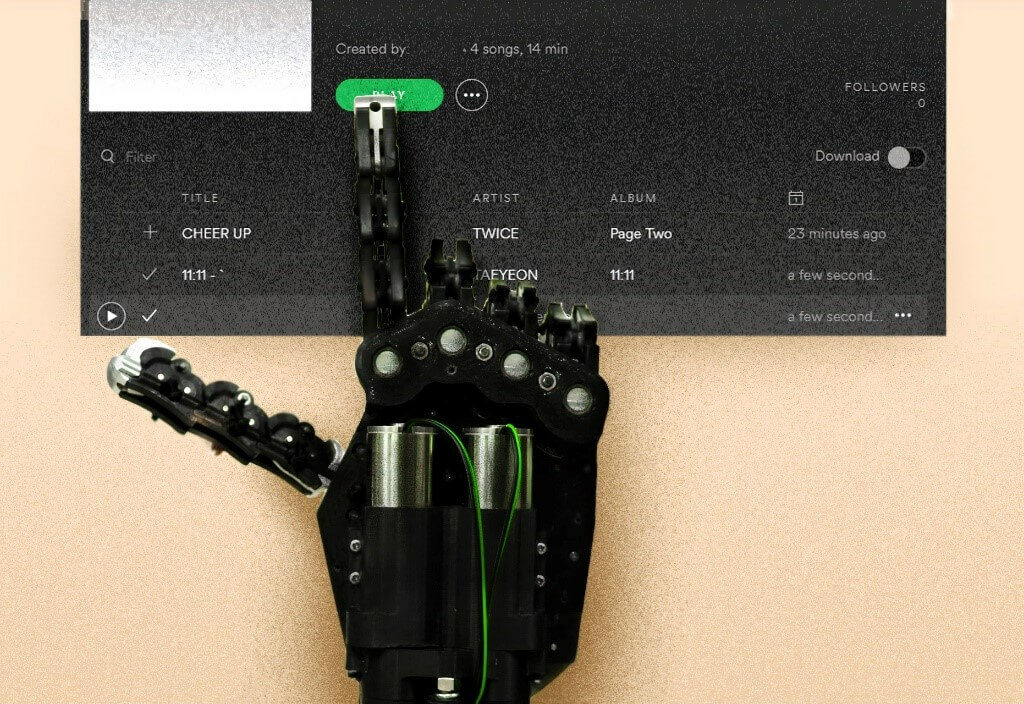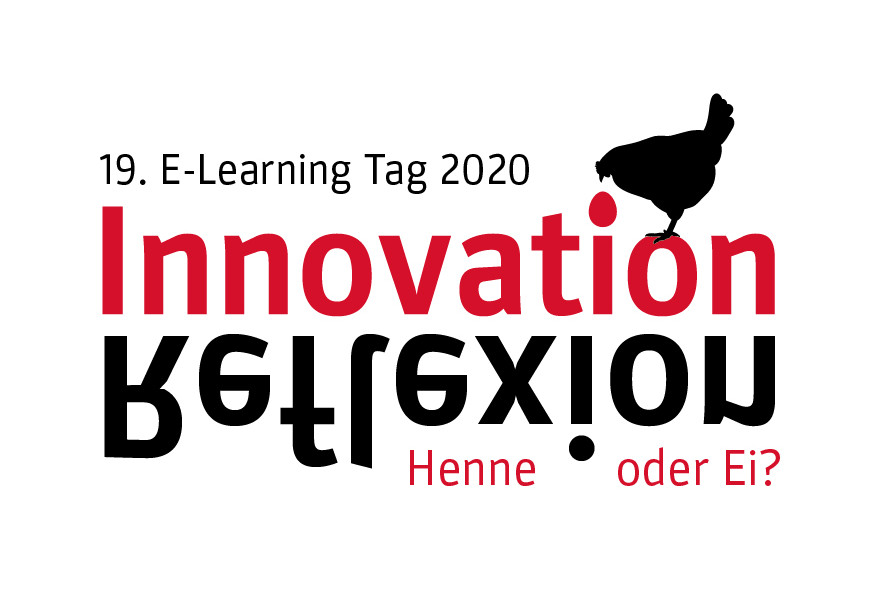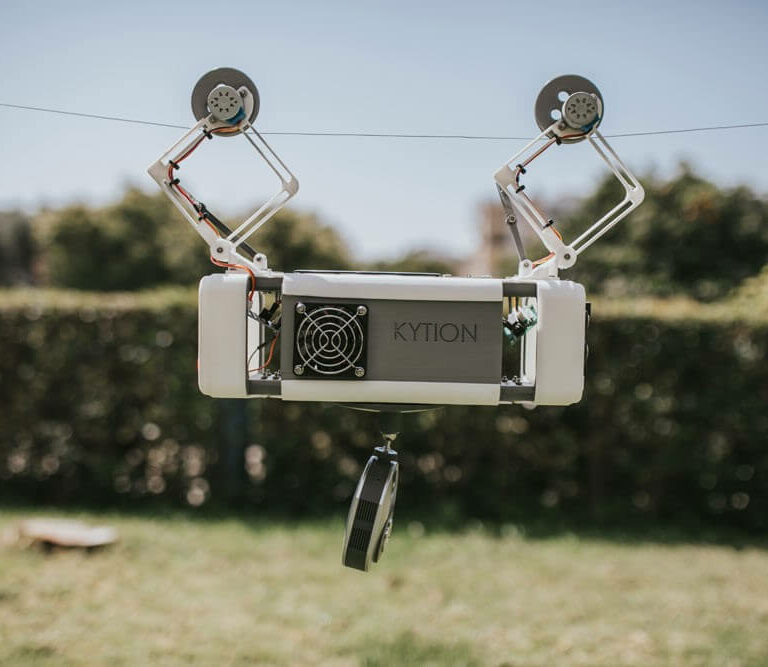
Till now, researchers have developed robots able to hear, to move, to see, to think… Imitating the sense of touch is still a challenge. However, good news come from the research community, as an artificial skin is developed that is capable of feeling pain, heat and pressure like real skin, perfect for prosthetics or robotics.
Unquestionably, the fields of robotics and prosthetics have met great and rapid evolution recently. The latter allow us to imagine of a not so far future where artificial limbs will be completely similar to natural ones, giving hope to disabled people.
One of the inventions made, that could help make this vision a reality is a new skin that developed in the laboratories of RMIT University in Melbourne. The invention has been presented on the pages of Advanced Intelligent Systems journal.
The prototypes produced by the researchers, led by Professor Madhu Bhaskaran, faithfully reproduce the characteristics of the most extensive organ of the human body. Changes in temperature and pressure are “felt” via elastic electronic components. The variation of the electronic parameters is then transmitted to the body that interprets them as tactile sensations, giving the sense of pain.
“We’ve essentially created the first electronic somatosensors replicating the key features of the body’s complex system of neurons, neural pathways and receptors that drive our perception of sensory stimuli” said PhD Ataur Rahman. “While some existing technologies have used electrical signals to mimic different levels of pain, these new devices can react to real mechanical pressure, temperature and pain, and deliver the right electronic response. It means our artificial skin knows the difference between gently touching a pin with your finger or accidentally stabbing yourself with it, a critical distinction that has never been achieved before electronically”.
Source: https://www.thepatent.news/2020/09/03/new-electronic-leather-reproduces-touch/





